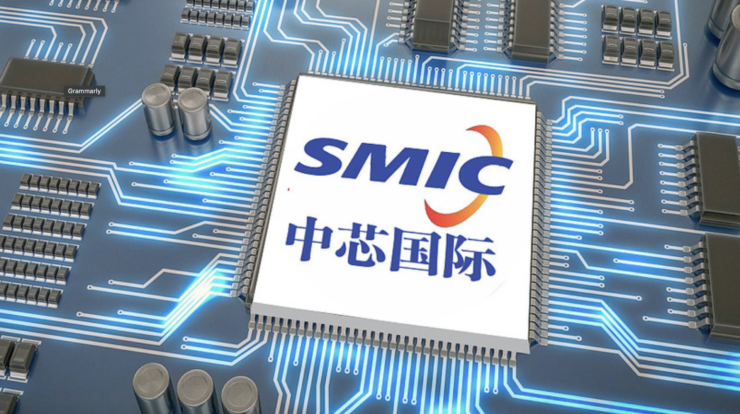
China’s premium foundry, the Semiconductor Manufacturing International Corporation (SMIC) has suffered a major blow as top executives departed the company yesterday. SMIC rose to the limelight after the United States Department of Commerce expanded a blacklist that forbade Chinna’s Huawei Technologies Ltd and other companies from receiving semiconductors fabricated on leading edge technologies. This left SMIC as the only chip foundry that Chinese companies could rely on for their advanced chipmaking needs, but after the foundry too was blacklisted by the U.S. government it struggled to catch up with its global contract chip manufacturing peers.
SMIC Maintains Key Executive Departure Does Not Impact Company’s Operations
The highest profile director to depart the company is its vice chairman of the board, Dr. Chiang Shang-Yi. Dr. Chiang became prominent last year when the company’s current co-chief executive officer (Co-CEO) Dr. Liang Mong-Song expressed disgruntlement at his hiring. Dr. Liang, who joined the company in 2017, claimed that he had not been taken into confidence for Dr. Chiang’s hiring, and therefore he felt that his inputs were not needed in the company.
The ensuing scandal saw him send a strongly worded letter to SMIC’s board of directors, in which he outlined that in his 1,000 days since appointment back then, he had not taken a leave since he was focused on bringing SMIC’s chip manufacturing at par with its global peers. He also outlined SMIC’s progress in developing the latest chip technologies such as the 5-nanometer (nm).
However, eventually, Dr. Liang chose to stay with the company, and in its annual report for 2020, SMIC disclosed that it had bought the executive a $3.4 million living quarter for personal use. This was alongside his personal compensation of $1.3 million, and he was the only director to have received a housing unit.
Dr. Liang’s strong reaction to Dr. Chiang’s hiring came after friction between the two had led the Taiwanese Taiwan Semiconductor Manufacturing Company (TSMC) to initiate legal action against the former for joining the Korean chaebol Samsung Group.
The resignation states that Dr. Chiang has left SMIC to spend more time with his family and that there is no significant underlying reason that requires shareholder attention. Unofficial whispers in the Taiwanese press have long speculated that a key reason for SMIC to bring Dr. Chiang on board was his strong relationship with the Dutch chip manufacturing equipment supplier ASML.
ASML, which is the only company in the world who sells machines capable of using extreme ultraviolet (EUV) light for semiconductor fabrication, can not sell them to entities that the U.S. government believes have ties with the Chinese military. Dr. Chiang’s close contacts with ASML were a hope for SMIC to get the EUV machines that are necessary for leading edge chip manufacturing.
Additionally, it is also speculated that Dr. Chiang, who is known for his efforts at letting TSMC pivot towards a newer kind of chip manufacturing through joining separate chips together, failed to get SMIC to follow this approach as well. This has been a key difference of opinion between Dr. Liang and Dr. Chiang, with the former known for his focus on developing newer technologies instead of optimizing older ones.
Other resignations at SMIC include those of two non-executive directors and Dr. Liang leaving his role as an executive director to focus on his responsibilities as SMIC’s co-CEO. They follow the resignation of SMIC’s chairman earlier this year.
The post China’s Top Chipmaker SMIC Loses Vice Chairman After Failing To Procure Advanced Machines by Ramish Zafar appeared first on Wccftech.